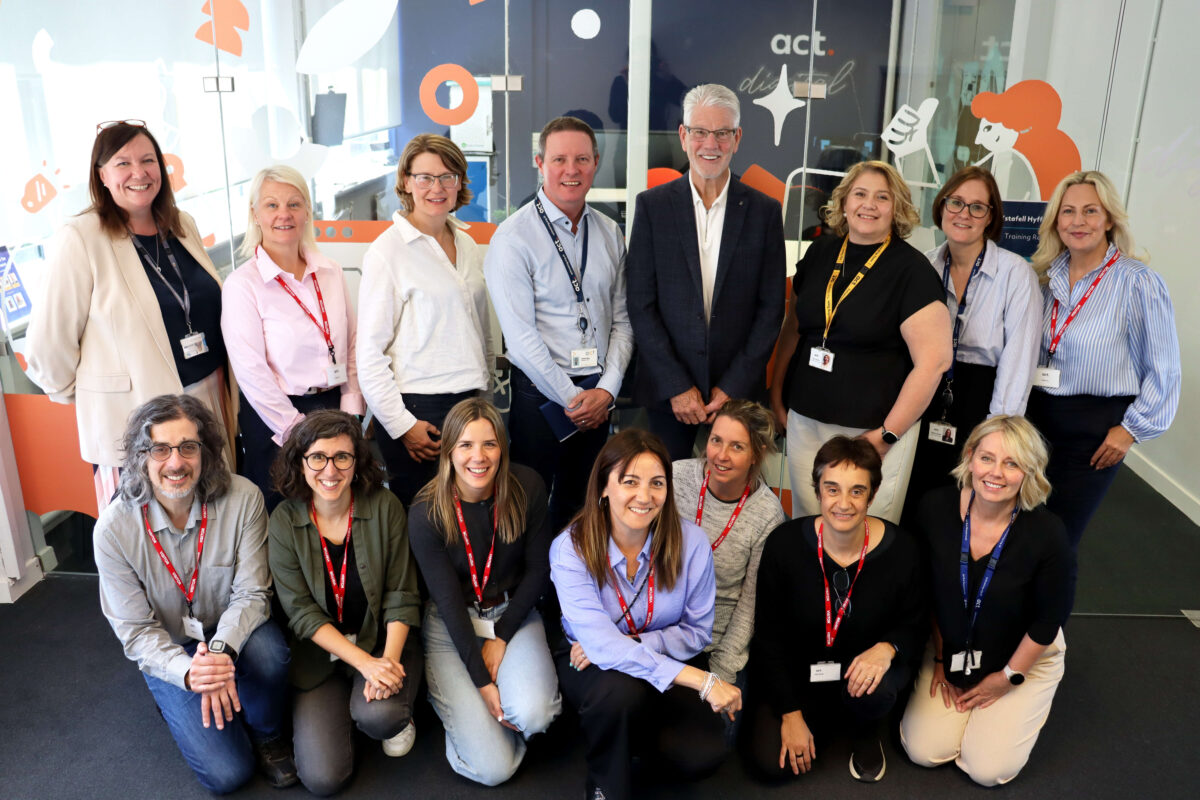Disconnected: Career aspirations and jobs in the UK

The aspirations of UK young people are disconnected from labour market reality which has significant implications for the economy
A major new report published yesterday (22 Jan) reveals a disconnect between young people’s career aspirations and jobs in the UK, both now and in the future.
This report is based on a survey of 7,000 people aged 14-18 in the UK.
Findings include:
- The sectors that young people aspire to work in differ greatly from the jobs available. There is a disconnect between aspiration and opportunity;
- Five times as many young people want to work in art, culture, entertainment and sport as there are jobs available;
- Aspirations are set early, as young as 7, and do not change enough over time to meet demand;
- Young people who benefit from careers activities have aspirations that are better connected to the labour market;
- Extending best practice could change the lives of 100,000 school leavers per year.
The report is launched alongside new analysis of PISA data by the OECD, also published on the 22nd January 2020 in partnership with Education and Employers.
The launch of “Dream Jobs? Teenagers’ Career Aspirations and the Future of Work”, will take place in a Davos secondary school during the World Economic Forum (WEF).
The students at the school have all been asked to write about their views on the future of the world, the issues that matter to them and their own career aspirations. Several WEF delegates will visit the school and talk to the students about their aspirations – the first time the WEF event has been used as a direct catalyst for supporting career events at local schools.
The report, “Disconnected: Career aspirations and jobs in the UK”, makes the case for a significant expansion of career-related learning in primary schools, more support for careers guidance in secondary schools, better labour market information for young people and better use of that information, as well as more help for parents and more engagement by employers.
Improved career support in secondary school and the expansion of career-related learning in primary schools can drive considerable economic benefits via reduced skills shortages and better alignment. There is also a positive relationship between young people’s engagement with the world of work and their GCSE attainment.
Young people with links to employers are likely to earn more and are less likely to be NEET (Not in Education, Employment or Training). Career-related learning in primary schools can both enthuse children about learning and tackle ingrained stereotypes that narrow aspirations.











Responses